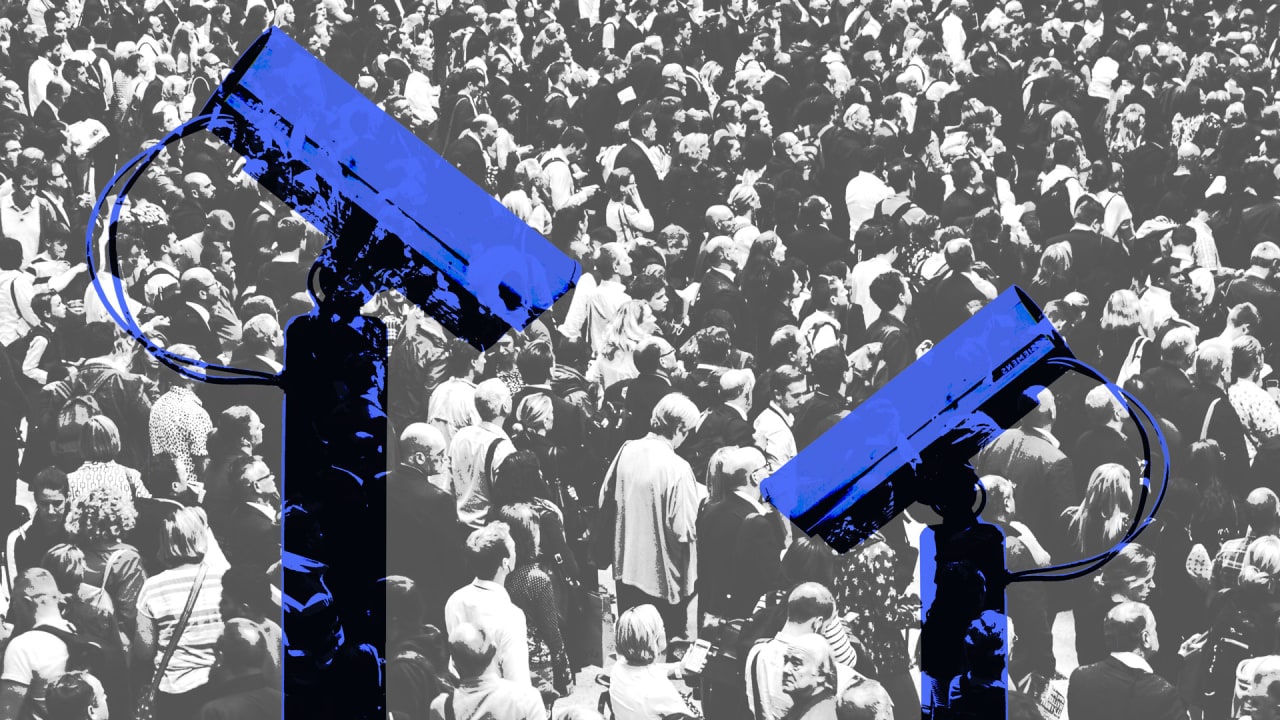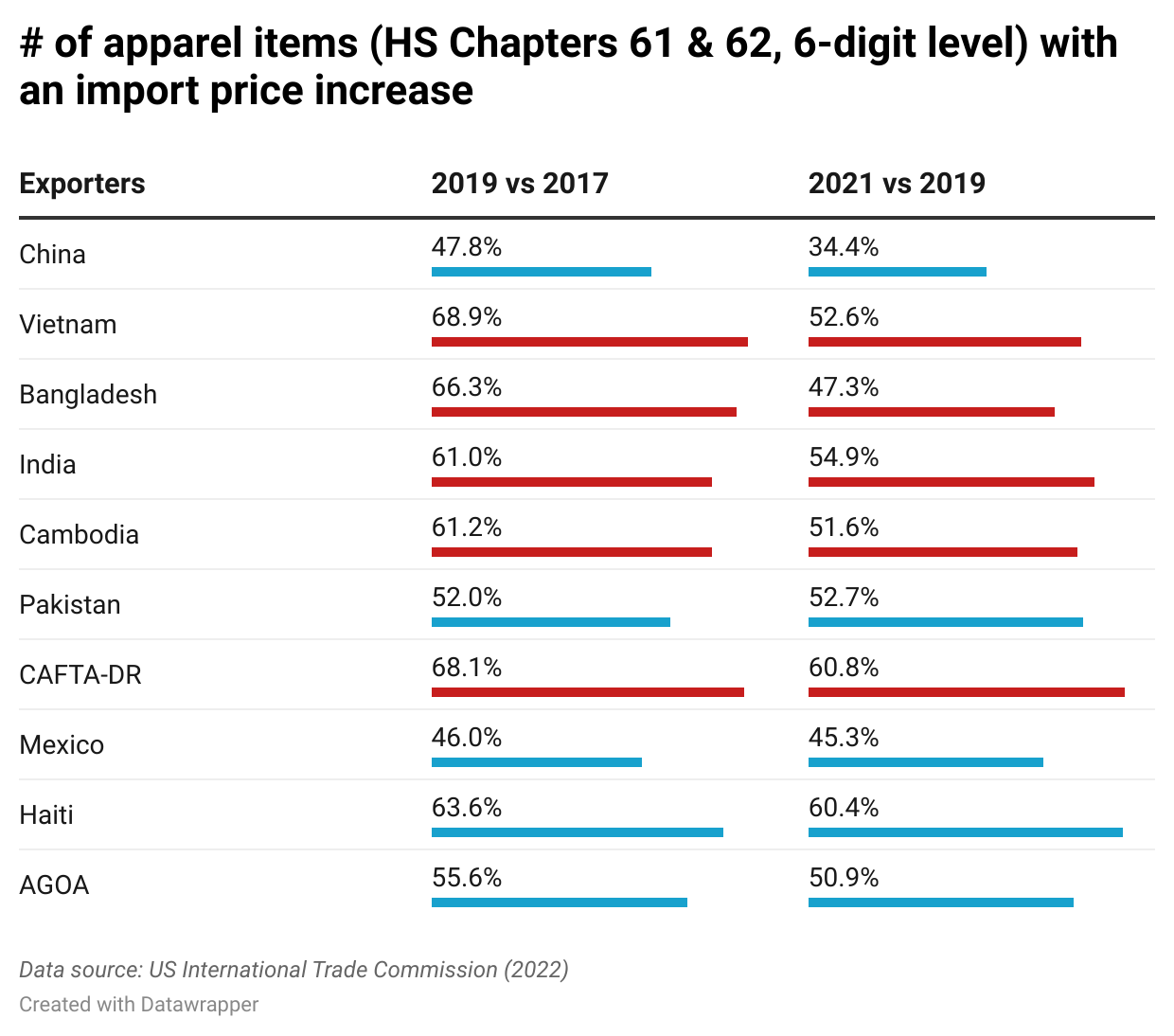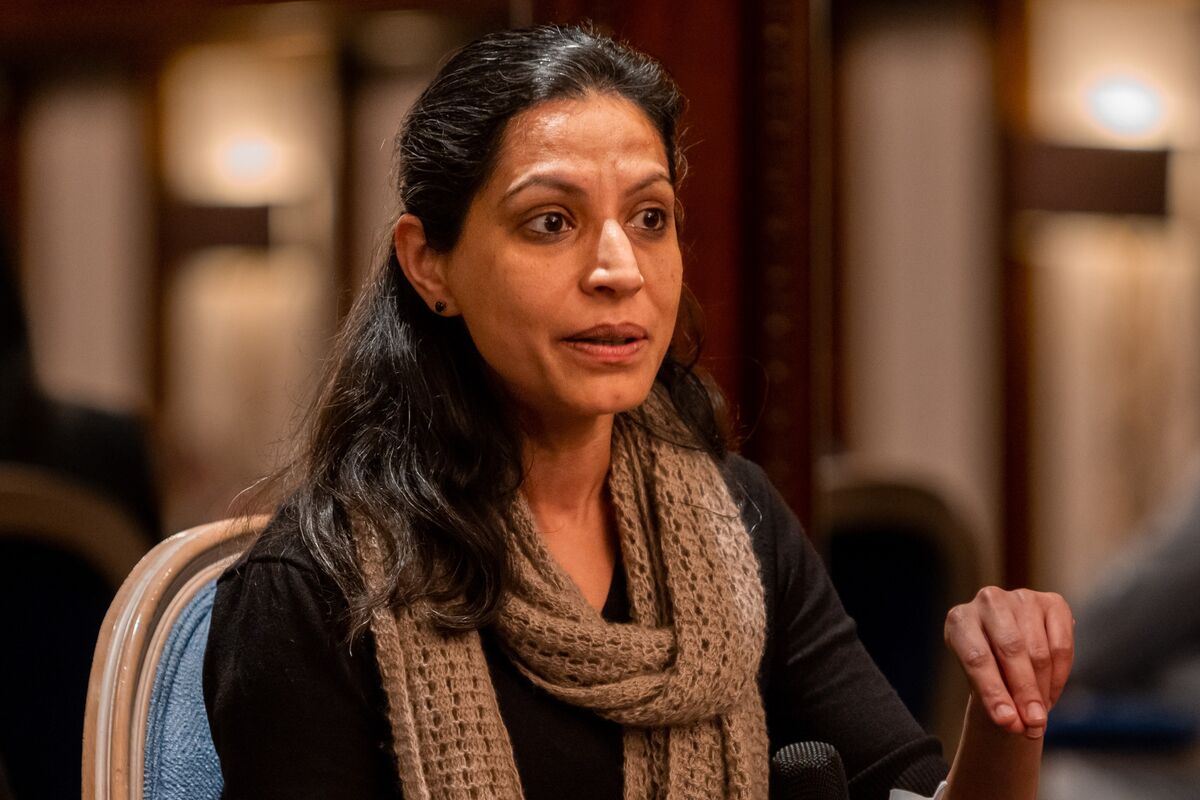Do Algorithms Contribute To Mass Shooter Radicalization? Holding Tech Companies Accountable

Table of Contents
The Role of Algorithmic Personalization in Echo Chambers and Radicalization
Personalized algorithms, designed to deliver content users are likely to engage with, can inadvertently create echo chambers. These echo chambers reinforce extremist views, limiting exposure to diverse perspectives and hindering critical thinking, potentially leading to radicalization. This process is fueled by:
- Increased exposure to extremist content: Targeted recommendations push users toward increasingly extreme viewpoints, creating a feedback loop of reinforcement.
- Limited exposure to diverse perspectives: The algorithm prioritizes content aligning with existing beliefs, stifling exposure to counter-narratives and critical analysis.
- Formation of online communities: Algorithms facilitate the creation of online communities where extremist views are normalized and amplified, fostering a sense of belonging and validation.
- Examples: Studies suggest that YouTube's recommendation algorithm, for instance, has been linked to the spread of extremist content, directing users down rabbit holes of radicalization. Similarly, Facebook's algorithm has been criticized for its role in creating echo chambers and facilitating the spread of misinformation.
Research increasingly highlights the correlation between algorithmic personalization and the radicalization process. Studies analyzing social media usage patterns of individuals involved in extremist activities show a clear link to exposure to targeted content facilitated by algorithmic recommendations.
The Spread of Misinformation and Hate Speech Through Algorithmic Amplification
Algorithms can unintentionally amplify misinformation and hate speech, making it more widely accessible and influential. This amplification occurs because:
- Viral spread of extremist propaganda: Algorithms prioritize content that generates high engagement, often inadvertently boosting the reach of sensationalist and extremist material.
- Difficulty in moderating and removing harmful content: The sheer volume of content makes it incredibly challenging for platforms to effectively moderate and remove harmful material in a timely manner.
- Engagement-based algorithms: Algorithms prioritizing sensational content, regardless of its veracity or ethical implications, can unintentionally reward extremist groups and amplify their messaging.
- Challenges faced by content moderators: Content moderators struggle to keep up with the constant influx of harmful content, leading to a "whack-a-mole" approach that often proves ineffective.
Numerous examples exist of algorithms amplifying harmful content linked to mass shootings. The rapid spread of conspiracy theories and hateful rhetoric on social media platforms before and after such events highlights the urgent need for improved content moderation strategies.
The Responsibility of Tech Companies in Preventing Algorithmic Radicalization
Tech companies bear a significant ethical and legal responsibility to mitigate the risks associated with their algorithms. This responsibility includes:
- Improving content moderation strategies: Utilizing AI-powered detection tools and human review processes to identify and remove harmful content more effectively.
- Developing algorithms that prioritize factual information and diverse perspectives: Shifting away from engagement-based algorithms towards models that prioritize accuracy and counter extremist narratives.
- Investing in research: Funding research to better understand the dynamics of online radicalization and develop effective countermeasures.
- Increased transparency: Providing greater transparency about how their algorithms function and their impact on content distribution.
- Implementing measures to counter online hate speech and extremist ideologies: Proactively working to identify and address hateful content and extremist ideologies before they can take root and spread.
Holding Tech Companies Accountable: Legal and Regulatory Avenues
Existing legislation, such as the Digital Services Act in the EU, aims to hold tech companies accountable for harmful content on their platforms. However, regulating algorithms and online content presents significant challenges. The complexities of algorithmic design and the constant evolution of online communication require a multifaceted approach. Victims of mass shooting violence may explore legal avenues to pursue action against tech companies whose algorithms potentially contributed to the radicalization of the perpetrators. This may include civil lawsuits alleging negligence or complicity.
The Urgent Need for Accountability in Addressing Algorithmic Radicalization
This article has explored the complex relationship between algorithms, online radicalization, and mass shootings. The evidence suggests that algorithms can inadvertently contribute to the spread of extremist ideologies and the creation of echo chambers that foster violence. Tech companies must prioritize algorithmic changes and improved content moderation to prevent the spread of extremism. We need greater transparency and accountability.
Call to action: Contact your representatives to advocate for stronger regulations on tech companies, support organizations working to combat online hate speech, and demand greater transparency from social media platforms regarding their algorithms. Hold tech companies accountable for the role their algorithms play in preventing tragedies. Algorithms contribute to mass shooter radicalization, and it's time we demand change.

Featured Posts
-
 Is This The Good Life For You Self Assessment And Reflection
May 31, 2025
Is This The Good Life For You Self Assessment And Reflection
May 31, 2025 -
 Tariff Truce Sustaining Us China Trade Across The Pacific
May 31, 2025
Tariff Truce Sustaining Us China Trade Across The Pacific
May 31, 2025 -
 Spring Hotel Sale Get 30 Off Your Lavish Stay
May 31, 2025
Spring Hotel Sale Get 30 Off Your Lavish Stay
May 31, 2025 -
 Closer Eu Trade Boe Governors Prescription For Brexit Economic Woes
May 31, 2025
Closer Eu Trade Boe Governors Prescription For Brexit Economic Woes
May 31, 2025 -
 Melanie Thierry Et Gilles Lellouche Leur Naufrage Dans Soudain Seuls Ce Soir A La Tele
May 31, 2025
Melanie Thierry Et Gilles Lellouche Leur Naufrage Dans Soudain Seuls Ce Soir A La Tele
May 31, 2025
